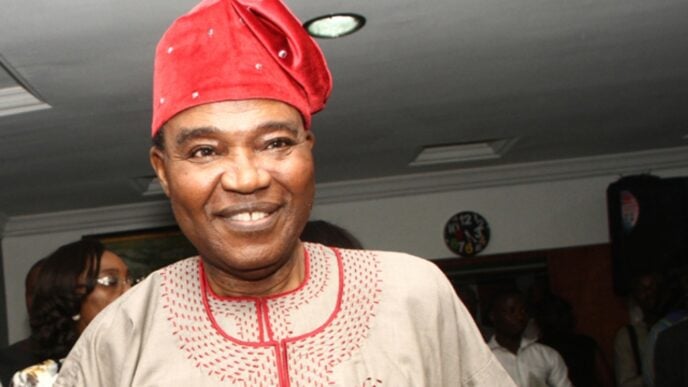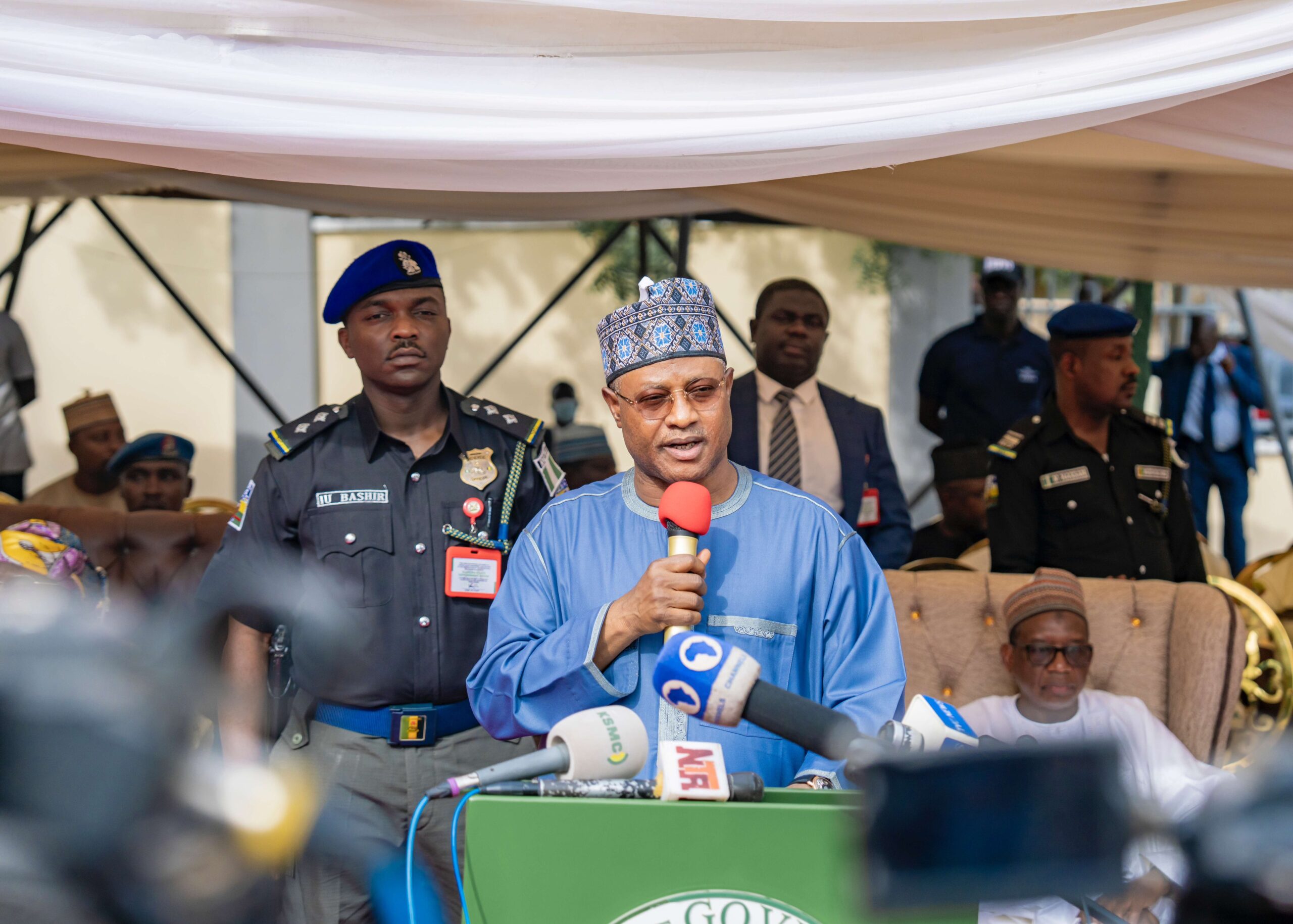Finally, the supreme court has liberated local government areas (LGAs) in Nigeria and paved the way for real grassroots development following its ruling on Thursday ordering the federal government to henceforth pay allocations directly to local government councils from the federation account.
For decades, state governments have continued to abuse their powers by retaining and using the funds meant for councils. The local government area is Nigeria’s third tier of government after the federal and state. Persons holding top offices like the president, governor, and the LGA chairman are to be democratically elected according to the constitution of Nigeria.
The constitution gives each tier of government power to operate autonomously, but unfortunately, state governors have, over the years, denied the LGA chairmen direct access to allocation from the federal government. Some state governors even went as far as appointing persons to the office of the LGA chairman, which is contrary to the constitution.
To make matters even worse, these governors now collect allocations meant for the LGA from the federal government and disburse them to their figurehead chairmen the way they deem fit. There are some local governments in Nigeria today where elections have not been held for many years. Of course, the need for such an election is not paramount because the governor collects and controls every of its spending.
Advertisement
But on Thursday, Emmanuel Agim, one of the judges on a seven-member panel of justices, read the judgment mandating states that their local government councils are democratically elected and that governors cannot use their powers to dissolve democratically elected local government councils.
He made it clear that the amount standing to the credit of local government councils must be paid by the federation directly to the local government councils and not by any other person or body, adding that the said amount must be paid to local government councils that are democratically elected, meaning – allocation must not be given to councils appointed by governors or anyone else. Going by this judgment, if a local government council want to continuously benefit from federal allocation unhindered, it must conduct periodic elections. Now, I foresee a local council election that is more highly contested than it ever has.
Though this particular case started in May 2024 when the federal government filed a suit marked SC/CV/343/2024 at the Supreme Court against all governors of the 36 states, the matter has been a long time coming.
Advertisement
The eight national assembly had during the amendment carried out on the 1999 Constitution, passed similar bills to empower the local government councils, state legislature and the judiciary, but could not scale through when they were transmitted to the state assemblies for concurrence.
Consequently, President Muhammadu Buhari in May 2020 signed into law an executive order to grant financial autonomy to the legislature and the judiciary across the 36 states of the country. The order also mandated the accountant-general of the federation to deduct from the source amount due to state legislatures and judiciaries from the monthly allocation to each state for states that refuse to grant such autonomy.
In March 2022, members of the national assembly approved financial autonomy for state legislatures, judiciary and local governments (LGs) in Nigeria.
In May 2022, state governors lost a case to the federal government and the Nigerian Financial Intelligence Unit (NFIU) over the financial autonomy of the Local Government joint account. The NFIU had in June 2019 issued guidelines aimed at curbing crime vulnerabilities created by cash withdrawals from local government accounts by various state governments.
Advertisement
Dissatisfied with the guidelines, the Nigerian Governors Forum then sued the FG and NFIU for interfering with state government powers to initiate transactions on local government joint accounts citing provisions of the 1999 constitution. They lost the case.
Today, the supreme court, the highest in the land, has granted financial autonomy to the LGAs. Many people are excited following the news. Comments are flying on social media and WhatsApp. Groups of young and old people are discussing, some in excitement, some not optimistic of its implementation, while newspaper stands are crowded with heated debate on the latest development.
Some of the debates I heard really caught my curiosity, there is the question of who should now be in control of the traditional rulers. The emirs, igwes, and obas. Are they still under the control of the state governor or they will fall under the LG chairmen where they are domiciled? This is a debate for another day.
Another thing again, do local government chairmen also deserve immunity during their tenure in office? If the president, vice-president, state governors and their deputies enjoy immunity, why not the LG chairmen and vice chairmen also? After all, they went through the same democratic and electoral process to get into office, and they are the three tiers of government, why give four immunity and leave two out? But of course, this is another discussion for another day.
Advertisement
Many observers continue to look at the bigger implications of this ruling. Many believe it is now time for growth and development in our localities. Basic social amenities like motorable roads, standard health care centres, and clean water among others should now be normal in our daily lives. Local government staff should now be paid well without complaints of inability to meet the minimum wage. Security of lives and properties right from the grassroots must be guaranteed. Foods of different types should be coming out of our farms helping us to fight the current shortages and hunger.
As they say ‘the reward for hard work is more work’, this is not a time for LG chairmen to buy exotic cars or houses in Abuja or even abroad. This is a time to roll their sleeves and fix infrastructure problems in our local communities.
Advertisement
Israel, a journalist and data analyst, can be reached via [email protected]
Advertisement
Views expressed by contributors are strictly personal and not of TheCable.
Add a comment










